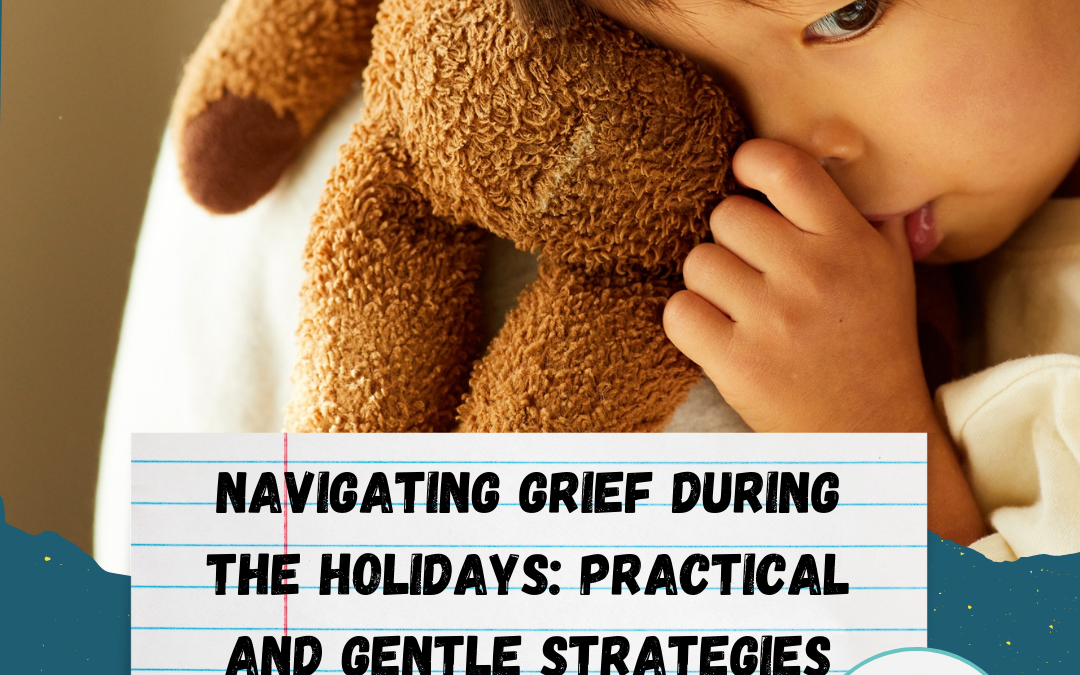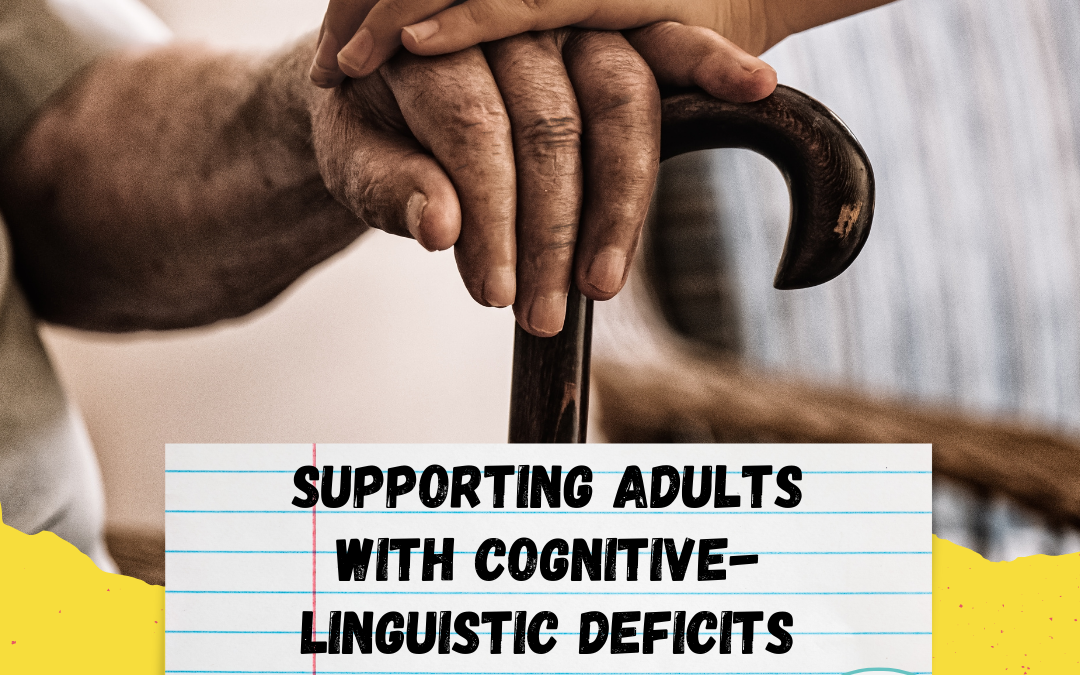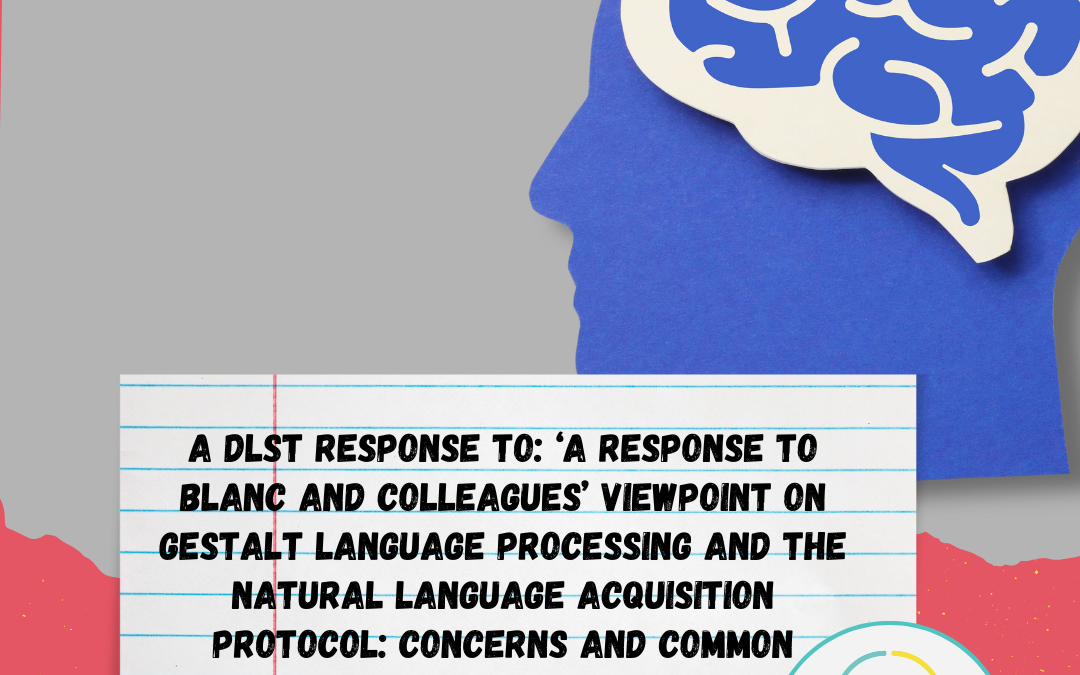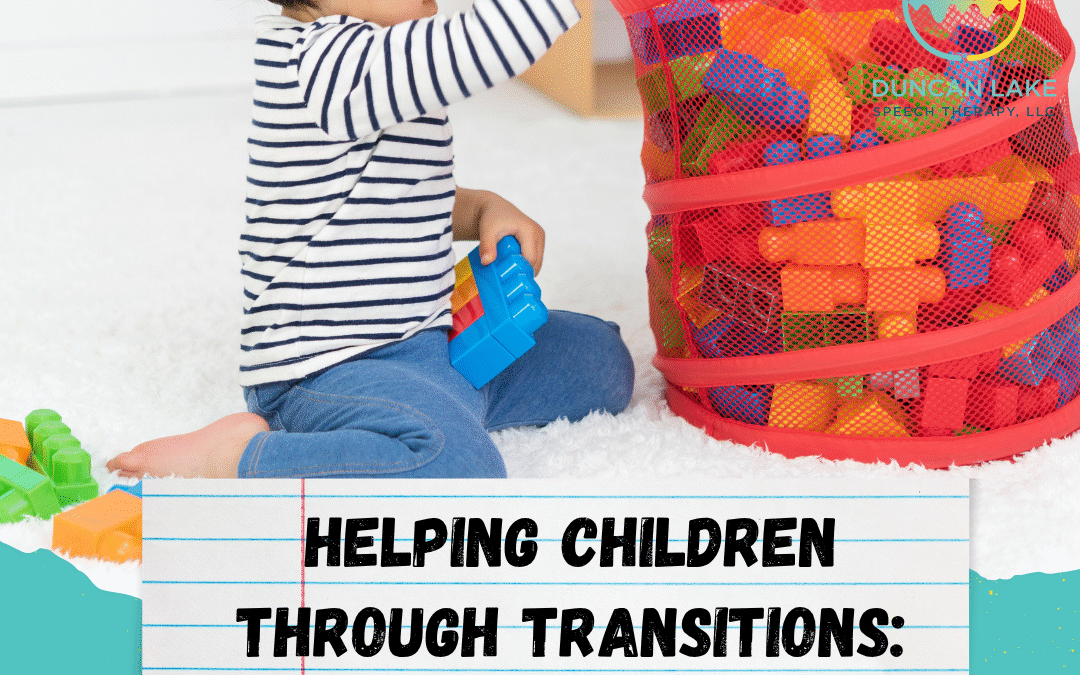
by Tami Teshima | Dec 9, 2025 | Mental Health
Tamiko Teshima, M.A., CCC-SLPPractice Owner & Speech-Language PathologistKerina Luark, LLPCPediatric Mental Health ClinicianDuncan Lake Speech Therapy, LLC The holidays are often described as a joyful season, but for many families, this time of year brings up a...

by Tami Teshima | Dec 9, 2025 | Uncategorized
Katelyn Ailes, M.A., CCC-SLPSpeech-Language PathologistDuncan Lake Speech Therapy, LLC The holidays can be a special time for connection, tradition, and togetherness, but for adults living with cognitive linguistic deficits, this season can also bring challenges....

by Tami Teshima | Dec 8, 2025 | Language Development
by Hannah Blackwell, M.A., CCC-SLPSpeech-Language PathologistDuncan Lake Speech Therapy At Duncan Lake Speech Therapy, we highly value patient autonomy, client-centered care, and neuroaffirming practices. These values guide our therapy practices, and our clinicians...

by Tami Teshima | Dec 3, 2025 | Mental Health
Tamiko Teshima, M.A., CCC-SLPPractice Owner and Speech-Language PathologistKerina Luark, LLPCMental Health ClinicianDuncan Lake Speech Therapy, LLC At Duncan Lake Speech Therapy, we hear from many parents who feel stressed heading into the holidays. Family gatherings...

by Tami Teshima | Oct 23, 2025 | Mental Health
by Tamiko Teshima, M.A., CCC-SLPPractice Owner & Speech-Language PathologistDuncan Lake Speech Therapy, LLC Change is a normal part of life, but for children, it can feel like a really big deal. Even something small, like cleaning up toys or getting ready for bed,...







Recent Comments